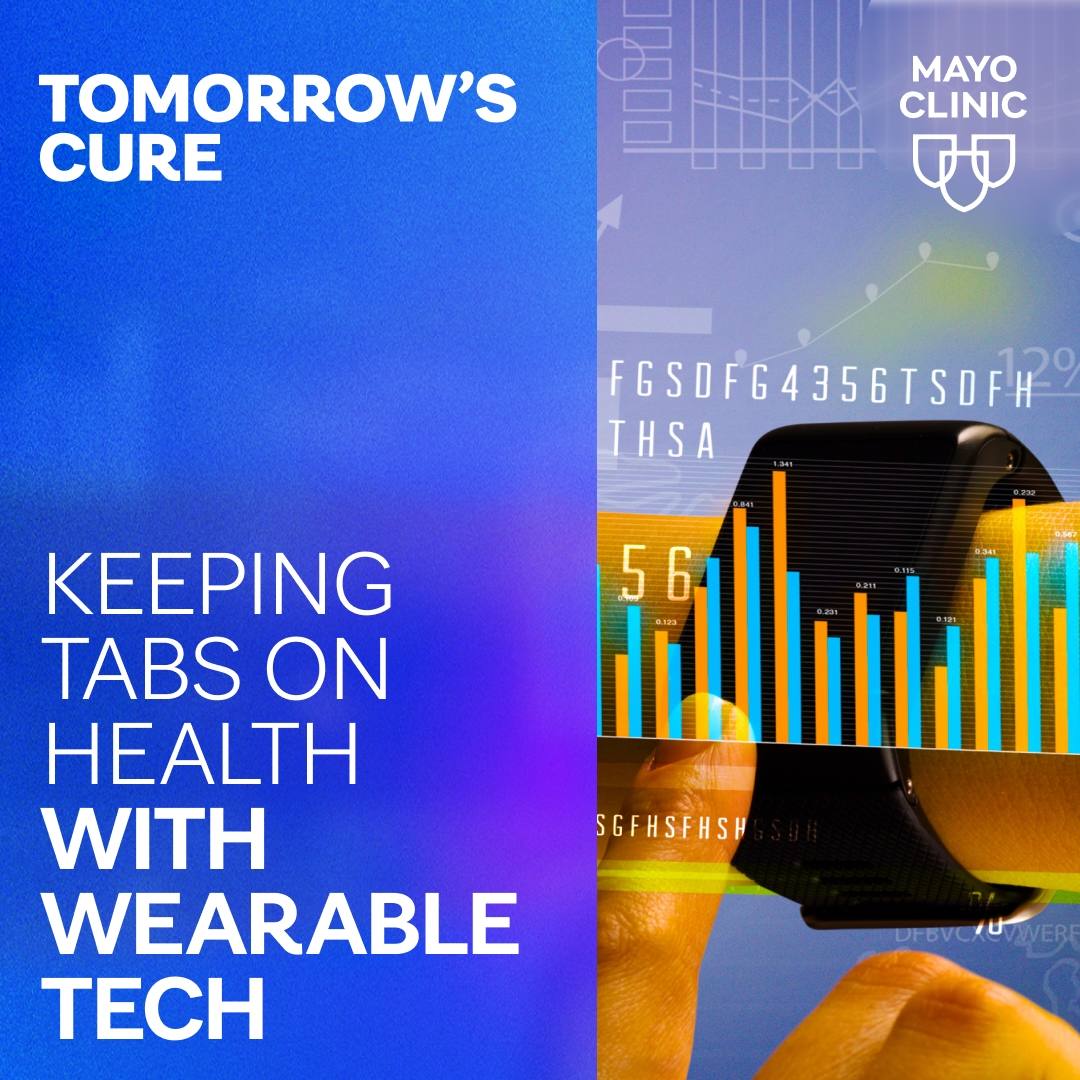-
Science Saturday: Researching stem cell therapy for hemorrhagic stroke

Stroke is the leading cause of permanent disability in the U.S., striking nearly 800,000 people each year, according to the Centers for Disease Control and Prevention. In the last decade, there has been preclinical research that led to a small number of early phase clinical trials using mesenchymal stem cells (MSCs) as a possible treatment to reverse damage from hemorrhagic stroke. That’s the type of stroke in which a blood vessel breaks, causing bleeding on the brain. Within minutes, brain tissue starts to die which may cause paralysis, loss of speech or other disabilities. In a recent paper, Mayo Clinic researchers review the current studies using MSC therapy for hemorrhagic stroke in an effort to summarize the status of research and discuss the advantages and limitations of the various studies. The goal is to determine whether continued research around stem cell therapy for stroke patients would be warranted.
MSCs are an example of adult stem cells. They can be isolated from several tissues and differentiated into other cell types including, possibly, neurons. Researchers are trying to discover whether use of MSCs is beneficial in promoting repair of injured brain tissue.
Read the rest of the article on Mayo Clinic's Center for Regenerative Medicine blog.
_________________________________________________
Other Mayo Clinic medical research websites:
- Research at Mayo Clinic
- Discovery’s Edge
- Advancing the Science
- Forefront
- Mayo Clinic Center for Individualized Medicine
- Center for Regenerative Medicine
- Center for the Science of Health Care Delivery







